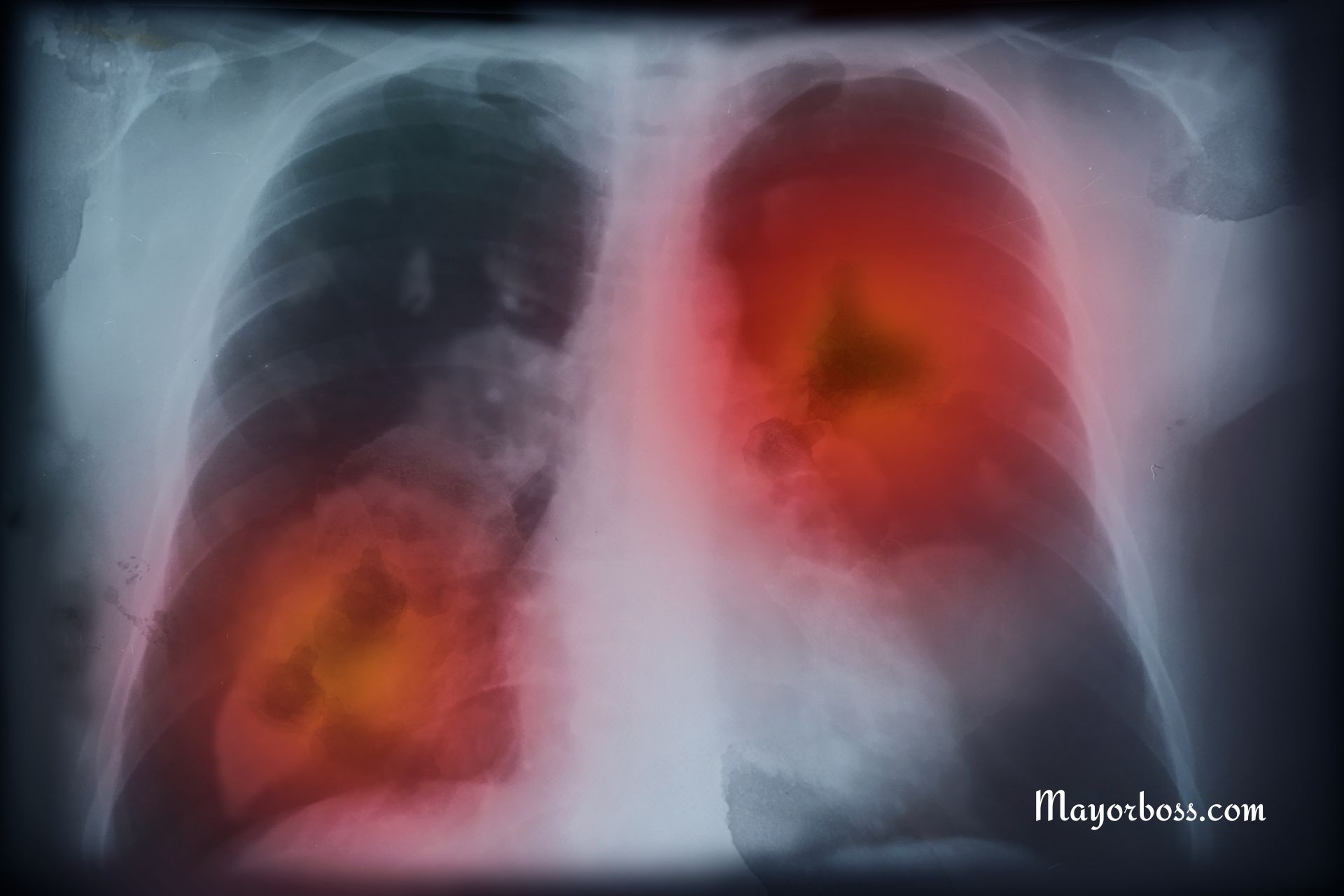Early Lung Cancer: 10 Early Signs of Lung Cancer
Lung cancer is a serious disease that can be hard to notice in its early stages. Many of these signs and symptoms can also happen with other health problems. Finding lung cancer early makes it easier to treat. If you notice any changes, see your doctor as soon as you can.

Unexplained Cough
A cough that does not go away can be an early sign of lung cancer. If you start coughing a lot and does not go away after 3 weeks, it may be time to get checked. The cough might be dry or you might cough up mucus. Do not ignore a new or worsening cough.
Coughing Up Blood
Seeing blood when you cough, even in small amounts, is a warning sign. Blood in your sputum (the mucus you cough up) should be taken seriously. It is important to visit your doctor if you notice blood in your cough to find out the cause.
Shortness of Breath
If you find it hard to breathe or feel winded when you did not before, this could be a sign. Lung cancer can make it hard for air to move in and out of your lungs. This can happen when a tumor grows and blocks airways. If you notice shortness of breath, talk to your healthcare provider.
Chest Pain
Pain in the chest is another symptom you should not ignore. Lung cancer can cause pain when it presses on the chest or nearby tissues. The pain might feel sharp or dull and can get worse when you take a deep breath, cough, or laugh. A doctor can help find out why you feel this pain.
Hoarseness
If your voice changes and becomes hoarse without any other reason, like a cold, this might be an indication of lung cancer. A tumor can press on the nerve that helps you speak. When you notice a change in your voice for no clear reason, you should get medical advice.
Unexplained Weight Loss
Losing weight without trying can be a sign of a serious problem. Many types of cancer, including lung cancer, can cause weight loss that is not planned. If you lose weight quickly without a change in diet or exercise, it is important to see a doctor.
Fatigue
Feeling tired all the time, even after a good rest, can be a symptom of lung cancer. The body uses a lot of energy when it fights cancer, which can make you feel very tired. If you feel more tired than usual for a long time, you should discuss this with your healthcare provider.
Infections That Do Not Clear Up
Frequent infections, like bronchitis or pneumonia, that do not get better with treatment can be a warning sign. Lung cancer can weaken your body and make it harder to fight off infections. If you have repeated infections that do not seem to go away, further tests may be needed.
Loss of Appetite
A decrease in the desire to eat is another sign to watch for. Lung cancer can affect the body in many ways, including making you feel less hungry. If you notice that you are eating less than usual and it is not because of another reason, you should ask your doctor for advice.
Swelling in the Face or Neck
Sometimes, lung cancer can cause swelling in the face or neck. This happens when a tumor blocks the blood vessels that carry blood away from these areas. The swelling may come with a feeling of tightness. It is important to have this checked by a doctor.
What to Do If You Notice These Signs
If you see one or more of these signs, it does not automatically mean you have lung cancer. Many of these symptoms can be caused by other conditions. However, it is important to take these signs seriously. Early detection of lung cancer gives you more treatment choices and can lead to better results.
If you notice any changes in your health, set up an appointment with your doctor. Your doctor may do tests like a chest X-ray or CT scan to look at your lungs. They might also ask for a sputum test or even a small sample of tissue (biopsy) to check for cancer cells. These tests help doctors find lung cancer when it is easier to treat.
Risk Factors to Consider
It is also important to know the risk factors for lung cancer. Smoking is the most common risk factor. Even if you do not smoke, you may be at risk if you are around smoke or other harmful substances like radon gas or asbestos. Understanding these risks can help you take steps to lower your chances of getting lung cancer.
Prevention and Regular Check-Ups
Taking care of your health can reduce your risk of lung cancer. The best way to lower your risk is to avoid smoking and to stay away from places where you might breathe in harmful chemicals. Regular check-ups with your doctor can help catch any problems early. If you are at a higher risk, your doctor may suggest tests to look for indications of lung cancer before you have any symptoms.
